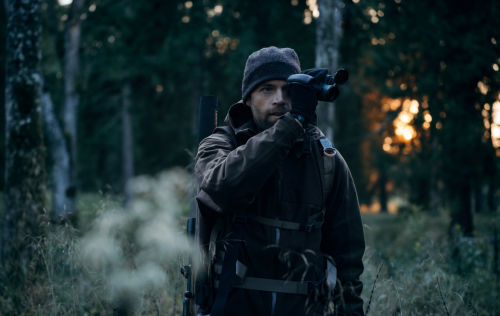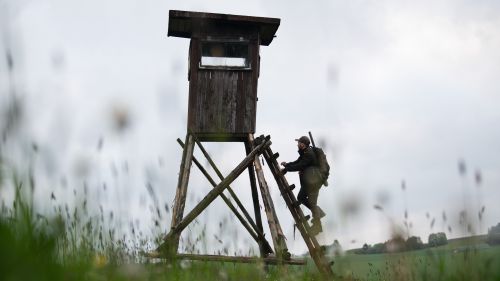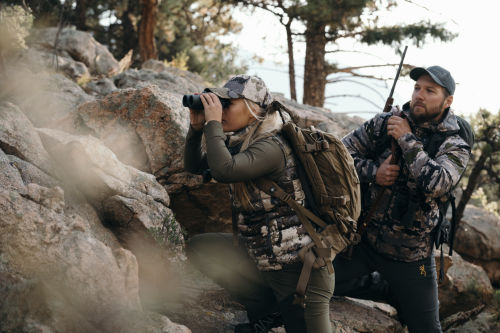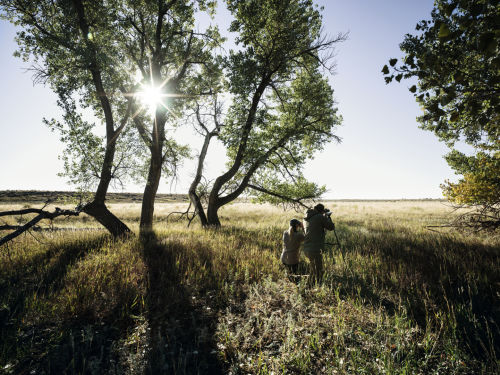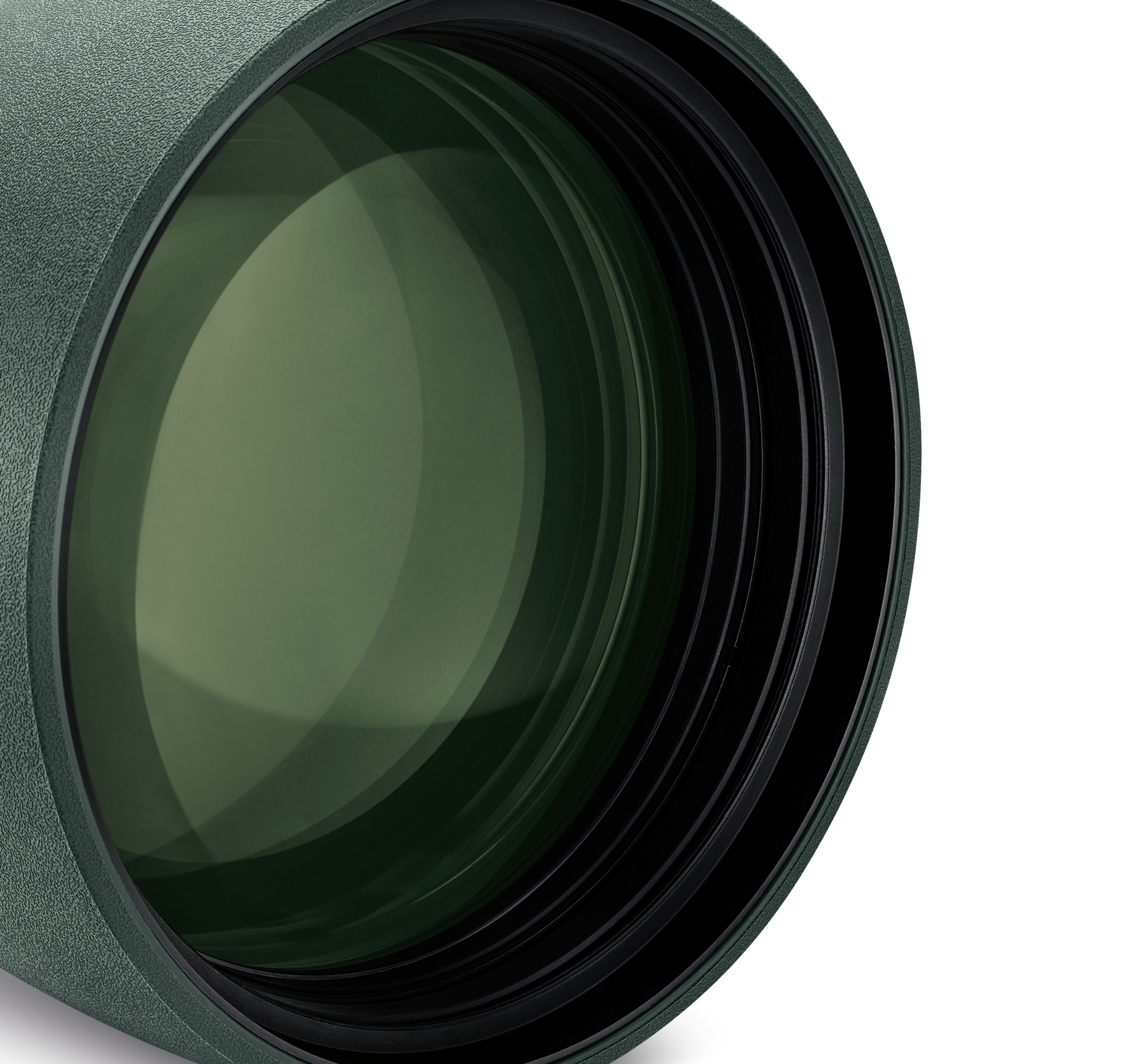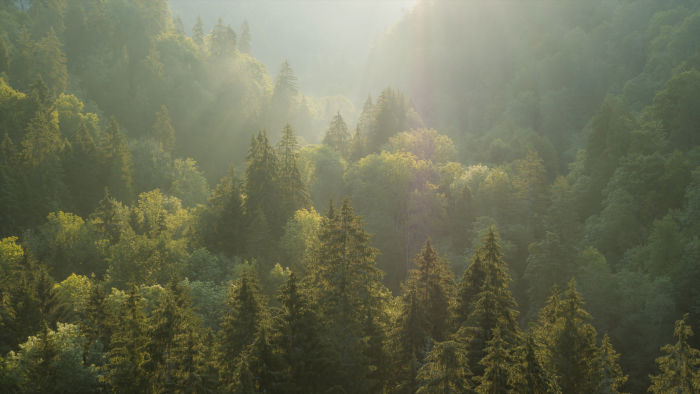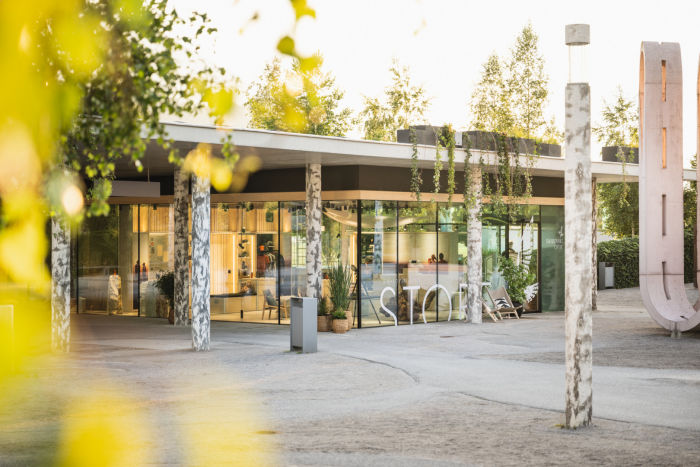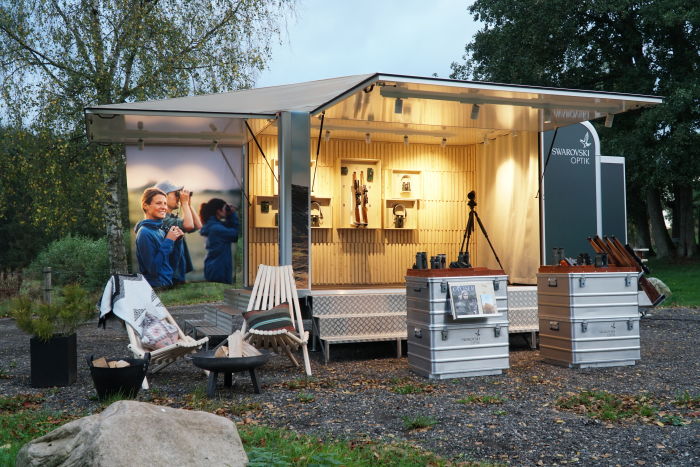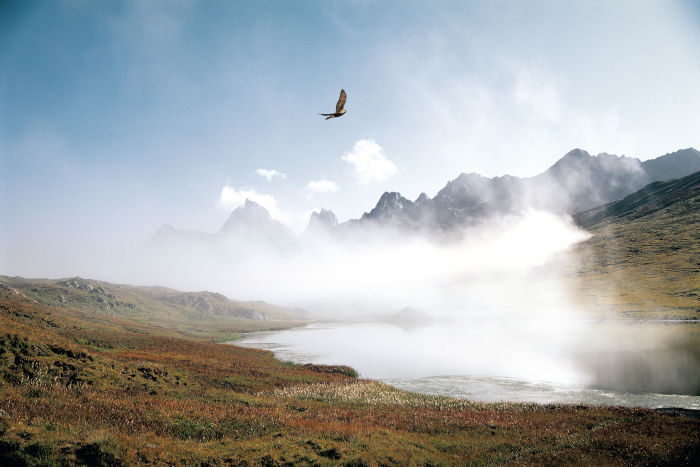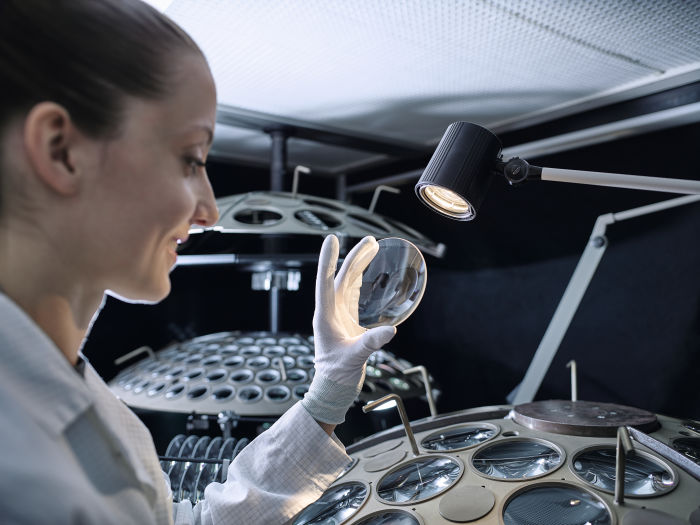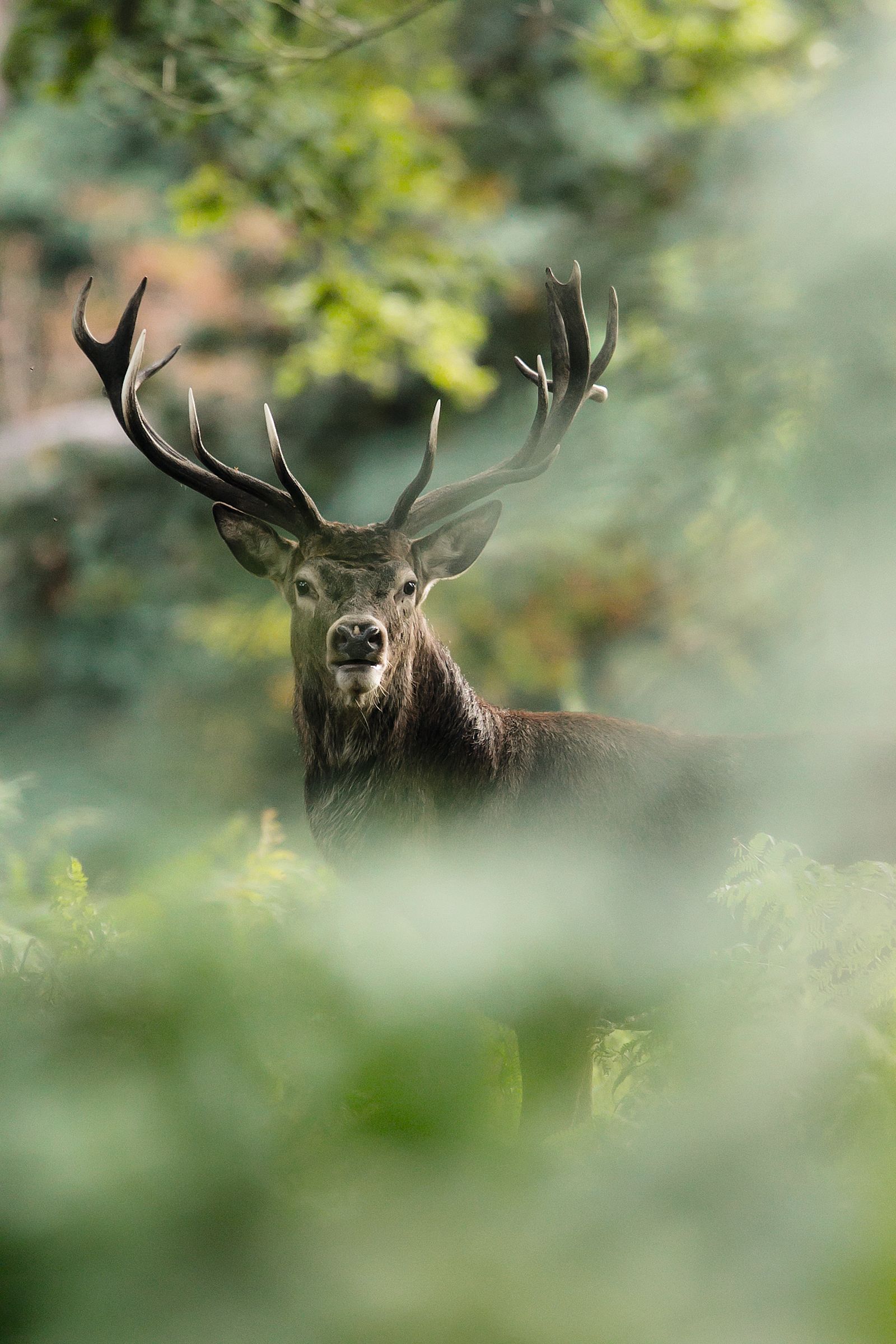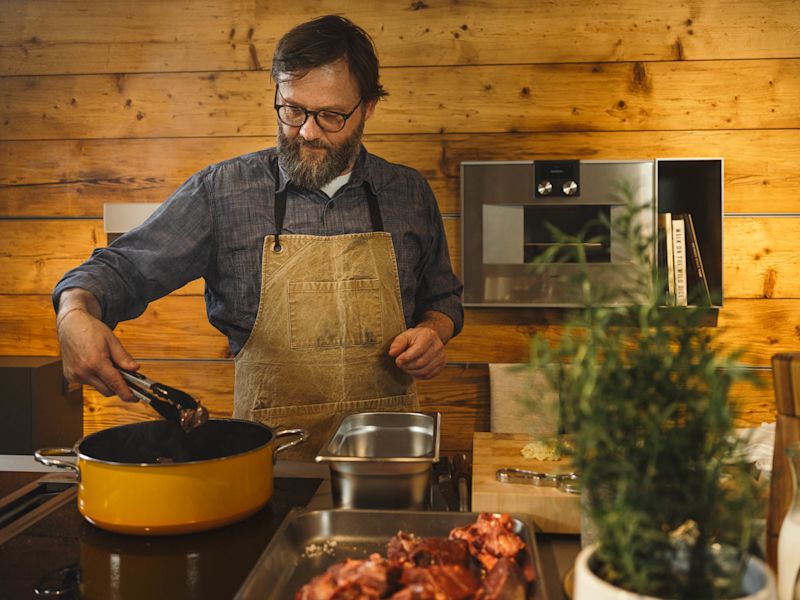Norbert Niederkofler and his team use every part of the wild animals that are hunted in the region, along with local specialties like rowan berries, cabbage root, and lovage seeds.
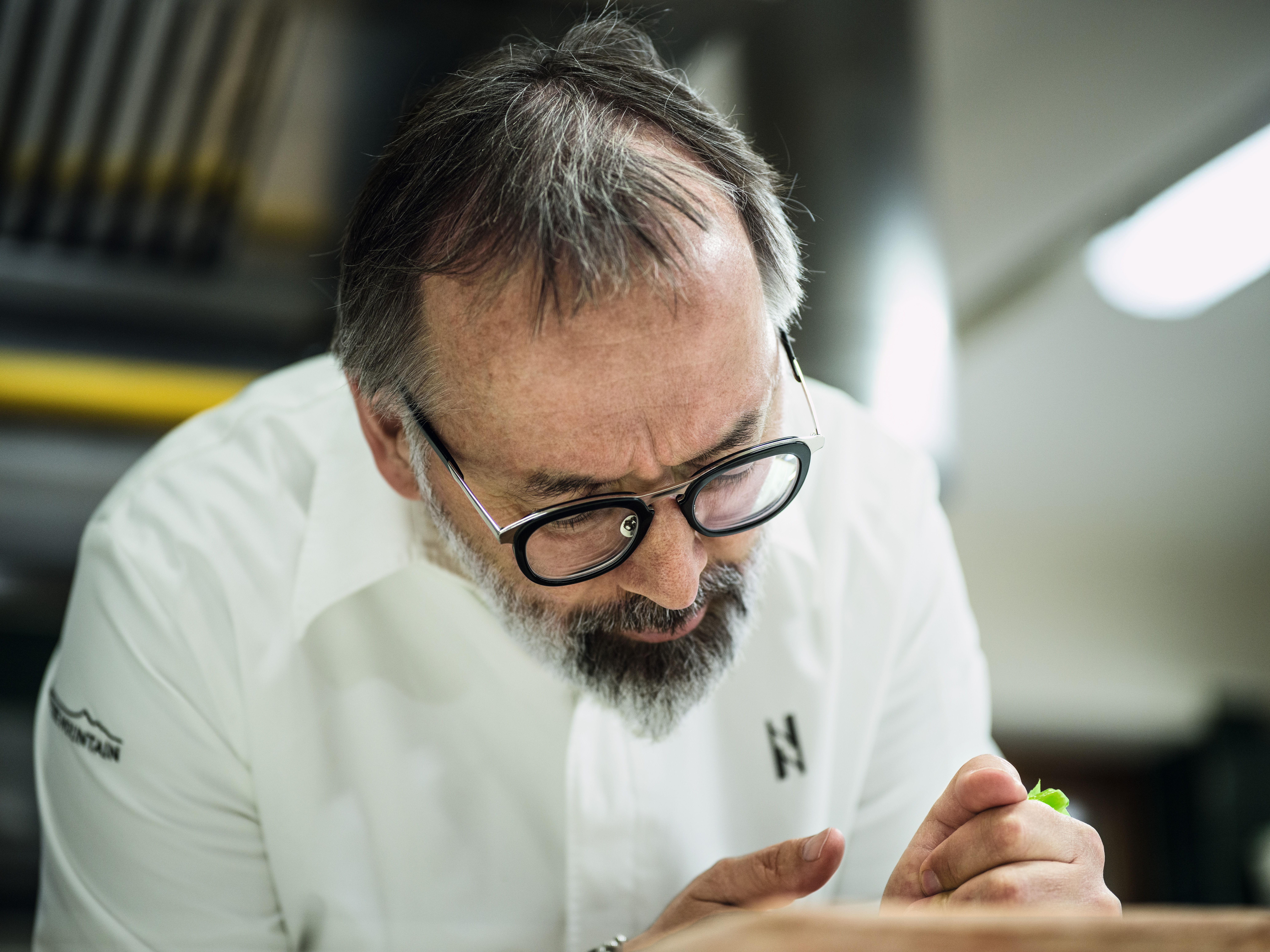
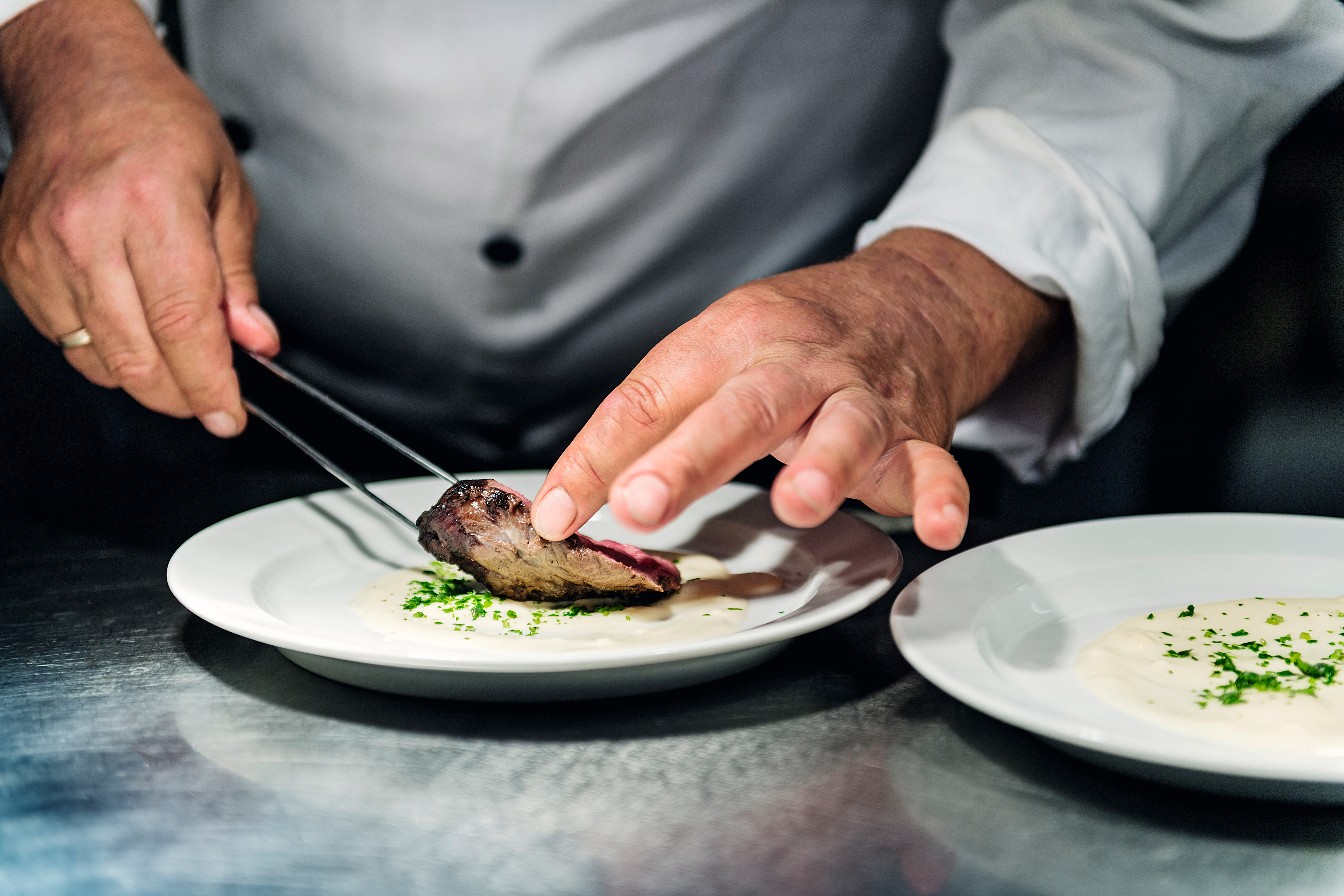
"WE BELIEVE NATURE ALWAYS GIVES US EXACTLY WHAT WE NEED."
The picturesque Val Badia in the heart of the South Tyrolean Dolomites is renowned as a hub of haute cuisine. One of the top chefs who has settled in this UNESCO World Heritage region is 100% committed to maintaining the local Alpine culture. His ‘Cook the Mountain’ philosophy has won him three stars from the Michelin Guide. Norbert Niederkofler and his team use every part of the wild animals that are hunted in the region, along with local specialties like rowan berries, cabbage root, and lovage seeds. CLOSER met this native of the Ahrntal valley and father of two sons at his restaurant, St. Hubertus, to chat about the importance of game meat in a sustainable diet.
Buongiorno, Norbert. Thank you for taking the time to talk to us. Can you tell us a little about your career?
Norbert Niederkofler: After completing my classical chef training at a hotel management school, I was lucky enough to work in some excellent restaurants around the world. This allowed me to perfect my culinary skills and hone my instincts. This still helps me today, for example when I’m cooking over an open fire. I have been shaped by my travels and my experiences of working all over the world, but also by my conscious decision to take periods of time out in order to spend more time with my family.
Today you’re a top three-star chef in Val Badia, in the Dolomite region of Alta Badia. How did you get this far? What helped you?
Norbert Niederkofler: I became a chef because I always loved spending time in the kitchen. I grew up on a farm, and the kitchen was a place where it was always warm, where there was always something to eat, where people gathered and talked – the heart of family and social life. That’s why we have a table in the kitchen at St. Hubertus, so that our guests can spend time with us and see what we’re cooking.
I think we have scaled the culinary heights because we have rediscovered the art of listening – to nature and to people. We’re not really doing anything new. We have thought about the traditional culture of the mountains and revived and modernized it so that it can be turned into three-star cuisine. But we didn’t invent it. Everything was already there.
At SWAROVSKI OPTIK, we try to run our business as sustainably as possible. What does sustainability mean to you?
Norbert Niederkofler: In our cuisine, sustainability has three elements: the mountains, the seasons, and 100% utilization of foodstuffs.
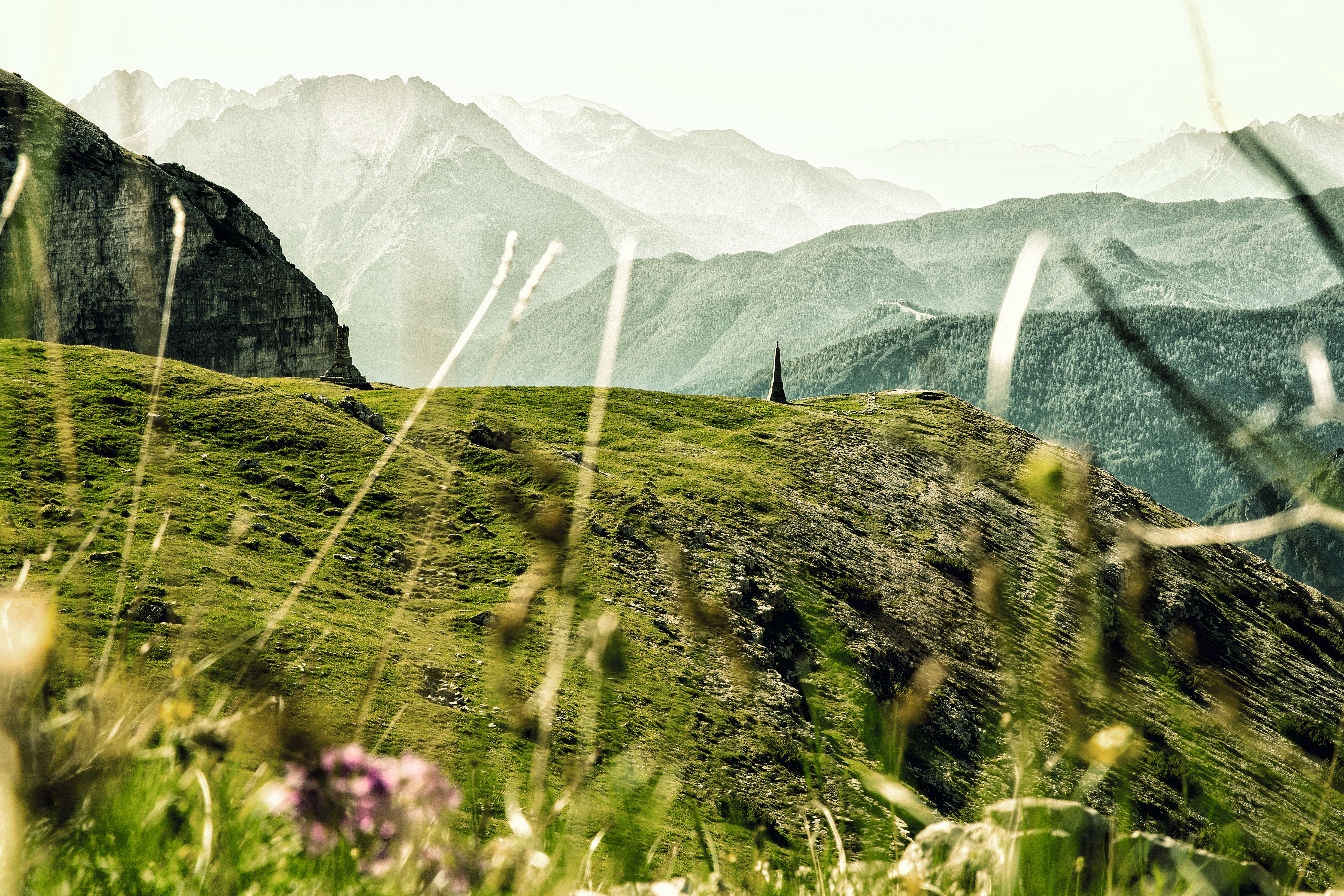
THE MOUNTAINS:
Norbert Niederkofler: We have decided to support Alpine culture, whether it’s in South Tyrol, Austria, or Bergamo. We have become increasingly dedicated in this respect. We no longer use citrus fruits, olive oil, or greenhouse products. People thought we were crazy when we made this decision, but we wanted to go the whole hog. It means we have to do without certain ingredients, but we have gained so much in other ways.
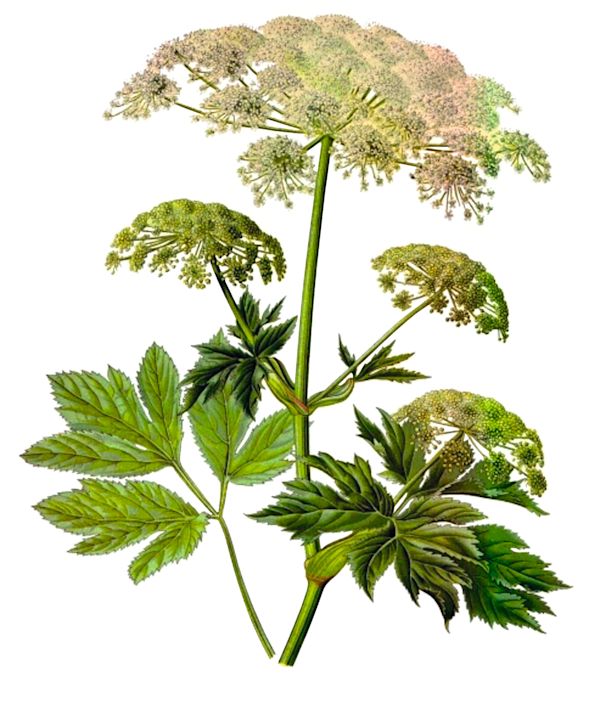
THE SEASONS:
Norbert Niederkofler: We always use what we find on our doorstep. In the past, farmers survived by cooking and preserving their produce in the summer. These traditional preserving methods not only give our store cupboard more variety but also allow us to produce healthy, wholesome dishes. In winter and summer alike, we have a wide range of ingredients at our fingertips so that we can create a varied and nutritious cuisine. Of course, we have to be more flexible and accept that some dishes can only be made at certain times of the year. Our menu only offers lettuce in the summer months, if there isn’t too much rain. In spring we have wild garlic, dandelion leaves, and so on.
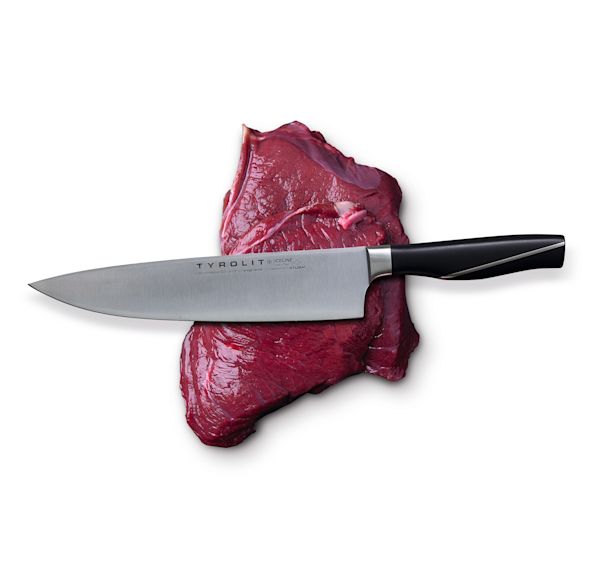
100% UTILIZATION:
Norbert Niederkofler: We believe food should be treated with the respect it deserves, so we always use it in its entirety. In the case of animal products, this means both the commonly used parts like the meat, and the parts that tend to be neglected like offal. That’s why our main courses always consist of two dishes: one involving a prime cut such as tenderloin, and one involving rarely used parts like offal, blood, and bones. It’s interesting that 90% of our guests actually find they prefer the latter!
HERE AT SWAROVSKI OPTIK, WE ARE VERY COMMITTED TO SUSTAINABLE HUNTING.
Our convictionsNorbert Niederkofler: Hunting was originally a form of survival. Traditionally, game meat had to be pickled in order to preserve it. Today, it is no longer necessary to pickle and marinate game, as the meat can be chilled more quickly. We still do it in order to give our sauces a sour note, but we no longer have to. When you live in the mountains you learn to appreciate and respect nature. For me, this means using every single part of an animal and throwing nothing away.
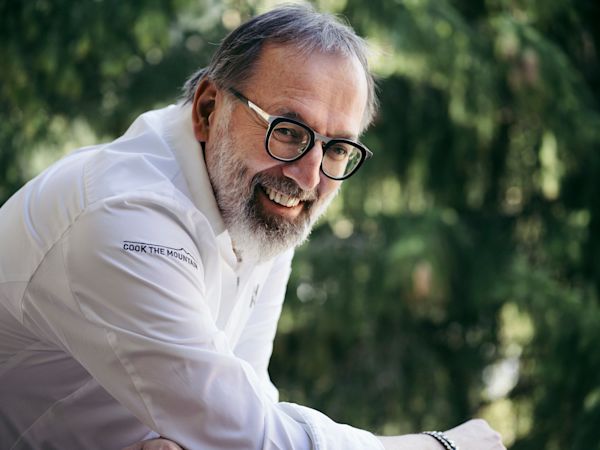
NORBERT NIEDERKOFLER
grew up in the heart of the Italian Dolomites. His work as a top chef took him to London, Zurich, Milan, Munich, and New York before being drawn back to his roots in the South Tyrol. He has been running the Restaurant St. Hubertus in San Cassiano since 1996. After so many years away, he really appreciates his home region and its local produce, and he is heavily involved in the CARE’s and Cook the Mountain projects.
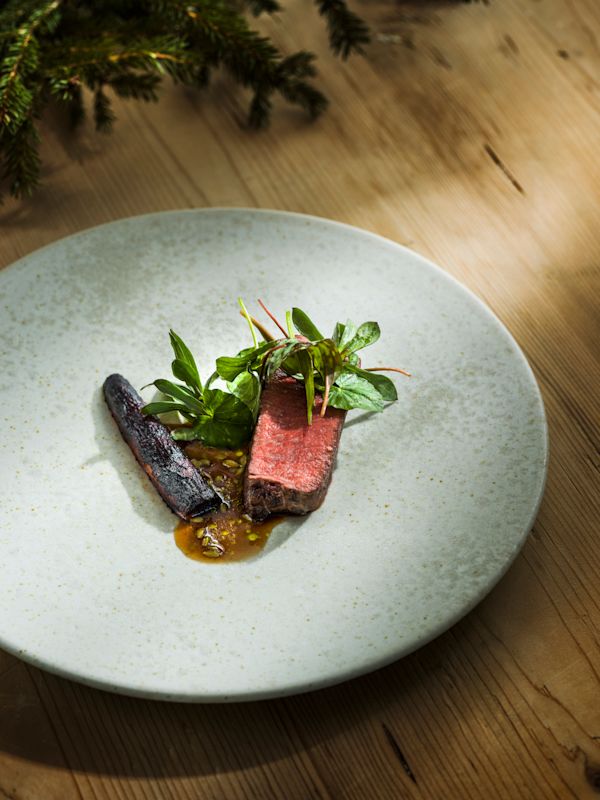
RESTAURANT ST. HUBERTUS,
named after the patron saint of hunters, was awarded a Michelin star in 2000. It won its second star in 2007 and its third in 2018 because of its strong commitment to regional Alpine culture and sustainability.
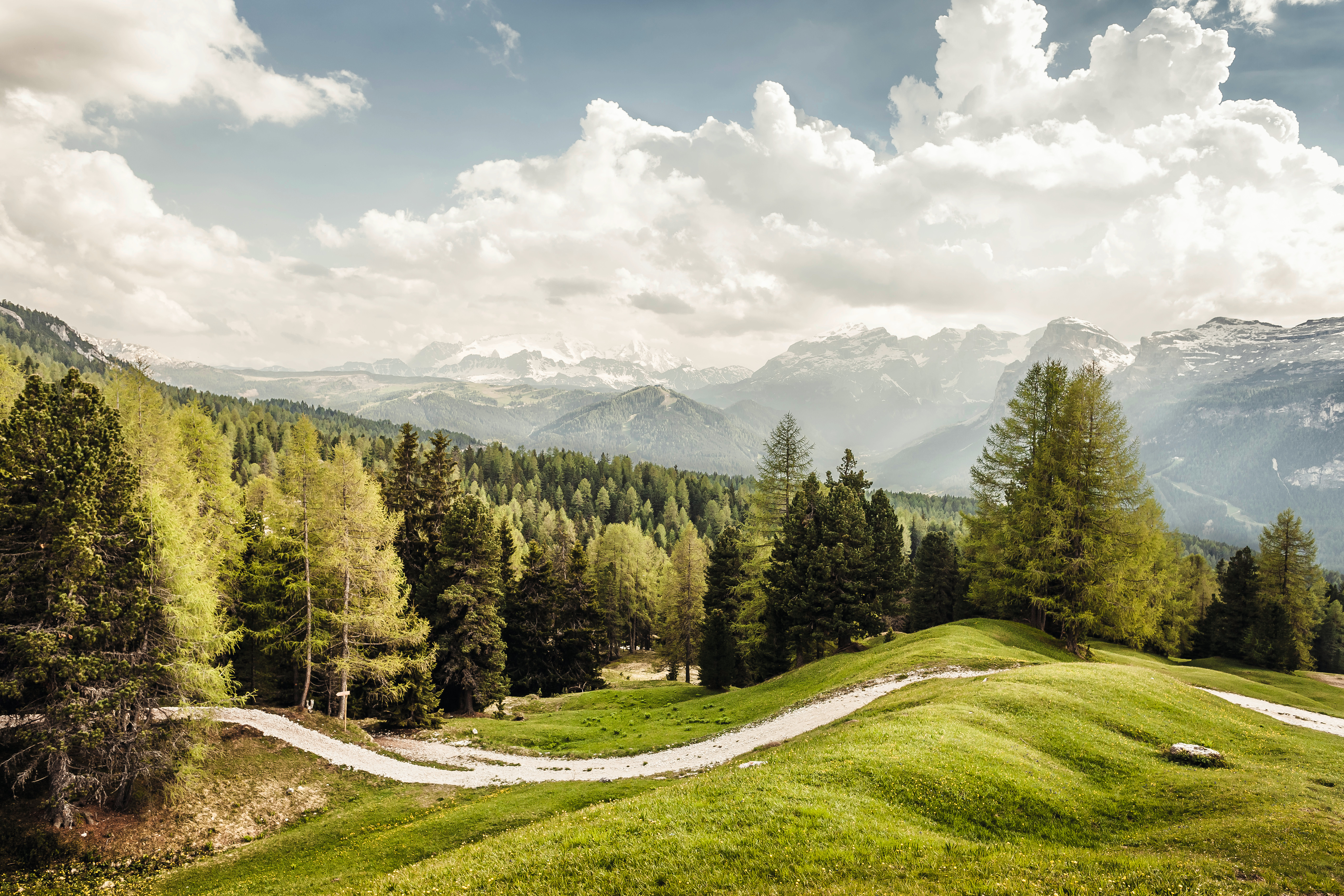
VAL BADIA & ALTA BADIA
Val Badia in the South Tyrol region is a mecca for lovers of fine food. No other valley in Italy has so many gourmet restaurants packed into such a small area. Nature, traditional culture, and the local Ladin people invite visitors to immerse themselves in everything the valley has to offer.
Should you wish to try one of Norbert Niederkofler’s recipes, test your culinary skills with the “GRILLED VENISON WITH LOVAGE SEED SAUCE”.
If you wish to share your own favorite game meat recipe, please kindly do so here.
